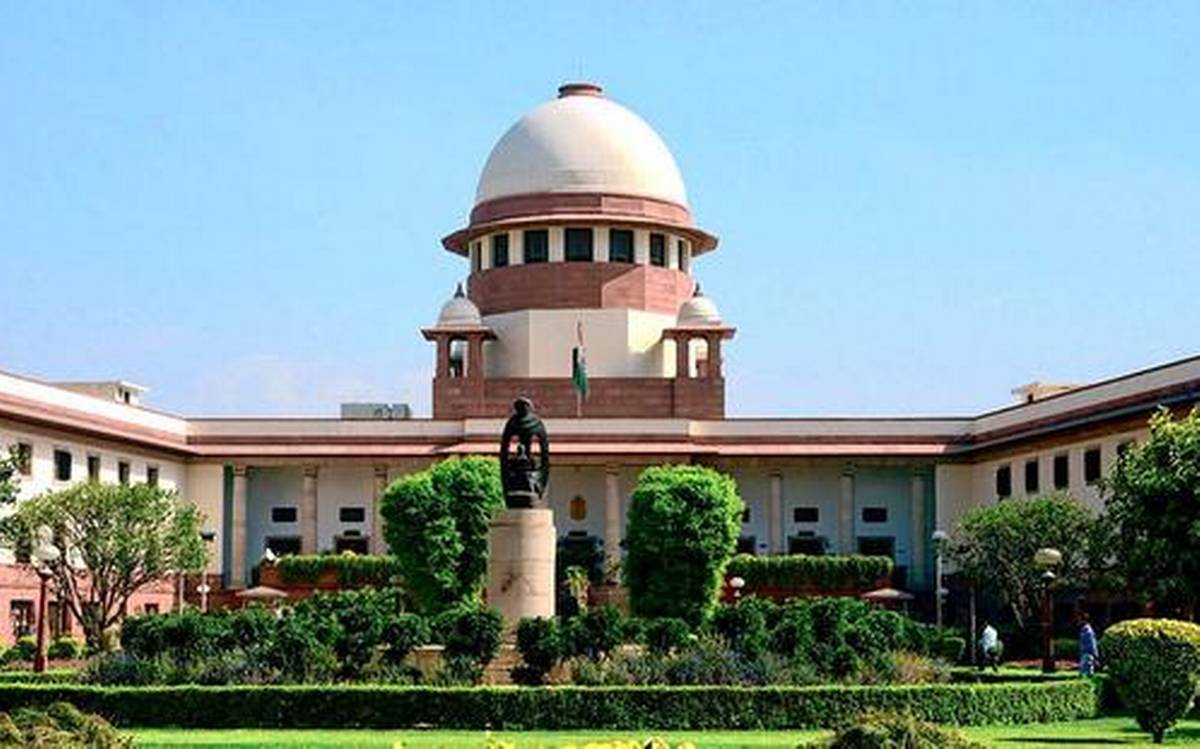Synopsis: Advocate Bhushan also prayed that the case to be referred to a larger bench for an open court hearing of this review petition and for the larger issues of constitutional significance relating to contempt of court.
Advocate Prashant Bhushan has moved the Supreme Court to request a review of its August 31 judgement, which, after finding him guilty of contempt of court, levied a token punishment of a Re 1 fine on him.
Bhushan has also prayed that the case to be referred to a wider bench for an open court hearing of this review petition and for the broader issues of constitutional significance relating to contempt of court.
Bhushan had previously requested a review of the Supreme Court’s judgement that found him guilty of contempt on the basis of two of his controversial tweets. Bhushan had also pursued a right of appeal by the Supreme Court in the first instance for himself as well as for those equally placed like him who are found guilty of contempt of court.
In the instant review petition filed by Advocate Kamini Jaiswal, Bhushan claims that the Court levied a fine on him in the sentence and that he was liable to be barred from appearing before the Supreme Court for a defined period of time in case he defaults.
Although the contingency of the default does not occur in the light of the fact that the fine is paid, Bhushan is of the opinion that at no point during the sentence hearing was the probability suggested by the Court of Justice of being barred. The petition states that the petitioner was never told at any stage that the court was considering such a serious action against him.

In addition, Bhushan argues that the judgement is per incuriam, as the Court has not followed any procedure. He attempts to point out that, in compliance with the rules to regulate proceedings for Contempt of the Supreme Court, he was not furnished with a copy of the complaint brought against him. He further claims that since his preliminary reply was found to be unsatisfactory, he was prohibited from submitting an additional reply before the Court. He also adds that the petitioner was further denied the opportunity in his preliminary reply to include evidence under Section 17(5) of the Contempt of Courts Act, 1971, to substantiate averments.
The Court’s decision was based solely on its preliminary reply, and it is further claimed that the failure to allow it to submit evidence is also a breach of the rules laid down in the contempt proceedings.
Another reason raised is that it is violative of Article 20(1) of the Constitution to enforce any punishment on a person who has been convicted of contempt of court that is not strictly in accordance with the magnitude of punishment prescribed under Section 12 of the Contempt of Courts Act, 1971.
Furthermore, Bhushan adds that the Court’s decision that he will be sentenced to imprisonment if he defaulted on payment of the fine is unreasonable and contradictory to the rules of the Code of Criminal Procedure, 1973.
Another “error on the face of the record” is that, the Court refused to recognise the facts as a defence against Bhushan’s contempt charges. As regards the Court’s decision on Bhushan’s remarks against the judges, the petition for review states that the Hon’ble committed a manifest error by treating instances of strong criticism of individual judges and of the systemic functioning and characteristics of the Supreme Court as ipso facto capable of affecting the administration of justice. Such an approach to Section 13(a) reduces the material to a dead text, which serves as a protection for the benefit of accused individuals.
A three-judge bench led by Justice Arun Mishra, who demitted office shortly afterward, condemned and convicted Bhushan for contempt of court.

